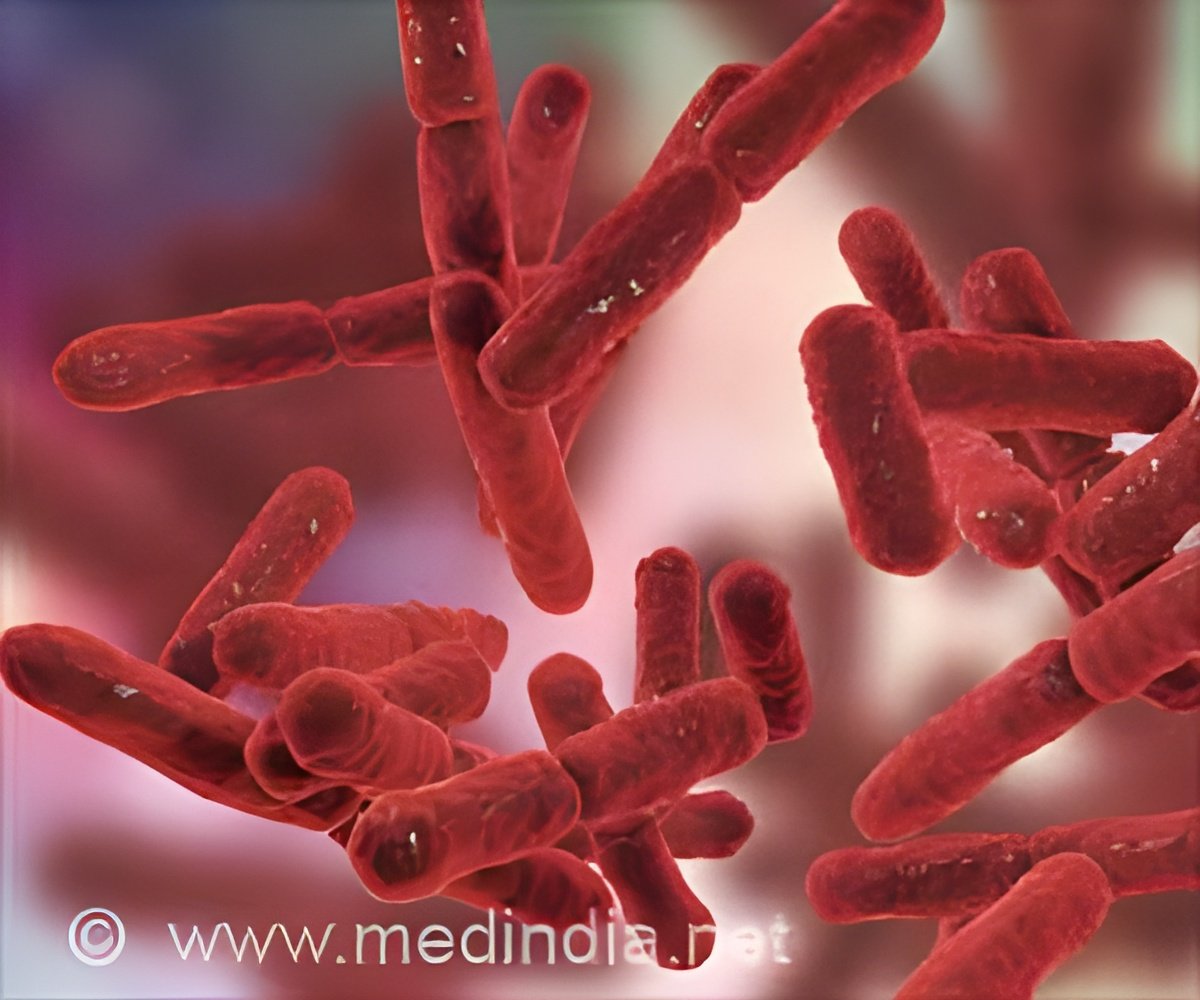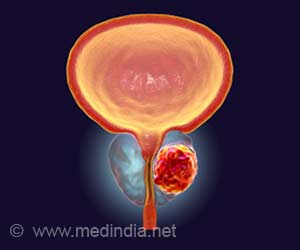An experimental drug being tested to treat neurodegenerative disease may help fight against life- threatening antibiotic resistant bacteria, suggests a study

‘PBT2, the experimental neurodegenerative drug when combined with polymyxin could disrupt and kill gram negative bacteria that can cause pneumonia, blood stream infections and meningitis. PBT2 is administered orally with a dose of 250 mg once daily.
’
Read More..




Dr. Mark Walker of the University of Queensland in Brisbane and colleagues write in Science Translational Medicine,” The emergence of polymyxin resistance in carbapenem (antibiotic class) -resistant and extended-spectrum beta-lactamase (ESBL)-producing bacteria is a critical threat to human health, and alternative treatment strategies are urgently required. ” Read More..
PBT2, the experimental neurodegenerative drug when combined with polymyxin (a class of antibiotics) could disrupt and kill gram negative bacteria that can cause pneumonia, blood stream infections and meningitis (infection in the brain).
PBT2 has undergone the phase 2 clinical trials for neurodegenerative diseases to break polymyxin antibiotic resistance in four gram negative organisms including Klebsiella pneumoniae, Pseudomonas aeruginosa.
PBT2 can be taken orally and shows good absorption in the body. PBT2 is in phase 2 testing in patients with Huntington’s and Alzheimer’s disease.
Huntington’s disease is a progressive brain disorder characterized by uncontrolled movements, emotional problems, loss of thinking ability.
It is given orally,250 mg once daily . This dose is well tolerated and safe for patients when given for periods up to 24 months.
In a previous study Dr Walker and colleagues found that antibiotic resistance in Gram positive bacteria could be overcome by repurposing PBT2 in combination with zinc. The latest study suggests that PBT2 has the ability to restore antibiotic sensitivity in polymyxin resistant, ESBL producing, carbapenem resistant gram negative human pathogens (bacteria resistant to even the higher classes of antibiotics).
In vitro PBT2 studies were done to resensitize Klebsiella pneumoniae, Escherichia coli, Acinetobacter baumannii, and Pseudomonas aeruginosa (these are the microorganisms resistant to most of the antibiotic classes) to "last-resort" polymyxin-class antibiotics including the next generation polymyxin derivative FADDI-287 (highest class of antibiotics available).
Advertisement
"The mechanism of action responsible for this effect appears to be mediated throughdysregulation of bacterial metal ion homeostasis," the researchers write.
Advertisement
Source-Medindia















